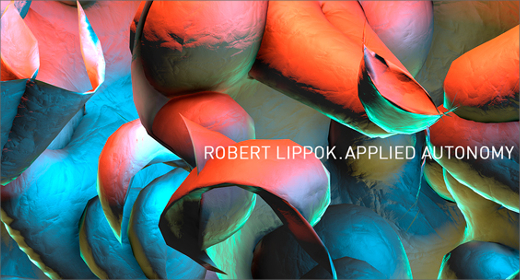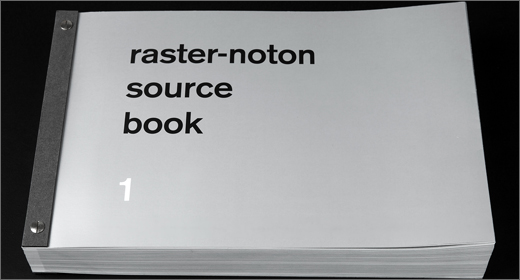Decadent Yet Depraved is a music which can only exist in—and reflect—the pulverized remains and contradictions of a giddy late capitalist plunge into its own abyss. As much as Decadent Yet Depraved utilizes the equipment and machineries of contemporary society, its derangement of them and its throttling, absurdist violence—speak to its attempt to identify music (and the act of listening) as a potentially eerie, and uncomfortable, space. We cannot settle, amidst so many explosions; it’s like turning an iPhone into a weapon of literal, blunt violence.
A broken-throat sound. Great, shattered waves of noise—collapsing, turning over. Machinery at the point of indelicate evaporation. The BPM climbs—atmospheric—off the chart. Lurid, it brings an anti-prosthetic hyper realism back into the act of listening; no longer are you ‘listening to.’ Rather, sound is filling—drowning—your ears and mouth.
Swinging between despair and transcendence, Decadent Yet Depraved—the new release by Belief Deficit on Raster—erupts more than grows-into. Explicitly, the artist reveals that their sonic project is also coincident with a political one; as if the sound (and the kind of intensified, gorgeously physical listening it requires) were a necessarily transformative action. A lens through which society is shown at us. If Brian Eno’s Music for Airports was a (perhaps ironic) response to still coherent capitalist spaces (the airport, the mall, the supermarket), Decadent Yet Depraved is a music which can only exist in—and reflect—the pulverized remains and contradictions of a giddy late capitalist plunge into its own abyss.
Catharsis is relief through breaking, or being broken (open). The wracked-out, mechanical drone which opens the album (“Unnatural Instinct”) is pursued by a chthonic, crackling drum (you can picture a body, a laboring body, sweat-marked, striking the drum’s battered skin), a deep and bellied bass, a writhing synth which eventually gives way to a texture of sharply stabbing knife-barks. A siren (it sounds in dual bursts, elongated) penetrates the mix, its tone reminiscent of a dial-up modem worried by decay. There’s a not-uncertain relationship with Aphex Twin at his most violent and primitive. So too is there a certain showy, brutalised storytelling that we have witnessed in The Haxan Cloak’s most recent releases, not least the durational funerary dirge of Excavation. And because of this, the sound which emerges is dejected, and hovers toward alienation; if you can barely dance to its erratic disharmony, then it is a direct challenge to the kinds of densely commercial spaces and environments in which electronic music is produced and listened to.
Whether a musical project can be political at a formal level is a resonant debate. Listening to Belief Deficit, I kept returning to Mark Fisher (the late music and political theorist, who ran the deeply respected K-Punk blog) in his writing about Burial’s 2008 debut. Of how their music ably leveraged and represented ‘a wounded city.’ As much as Decadent Yet Depraved utilizes the equipment and machineries of contemporary society, its derangement of them and its throttling, absurdist violence—speak to its attempt to identify music (and the act of listening) as a potentially eerie, and uncomfortable, space. We cannot settle, amidst so many explosions; it’s like turning an iPhone into a weapon of literal, blunt violence.
Tracks such as “No Future” speak to this directly; shuddering beats (their profile falls away like metal thrown at window panes) gives way to a winding, dubby synth which slits through the mix in an evocation of Bladerunner; of haunted, industrial spaces. High in the mix, an electronic, modulated voice speaks into the track—”I have been seeking for something / that cannot be found.”
“Submission Of Thought” subjects its ambient landscape to a cacophony of cracked, echoing snares. The mix lapses into a-harmony, as non-synchronized samples collapse and tangle into themselves. BD is expert at delaying gratification and rest; just as the track becomes too much, a deep, wobbling beat sluices into the mix. The layers accumulate; it is a pressurized environment which risks falling apart from its own complexity.
BD reveal themselves as an artist deeply involved in the disruption and malaise of our society–and era—through shuddering, broken soundscapes and provocative confusion. If at times the acceleration is too much, I only ended up wondering if my own ear (trained to expect harmony, to reject dissolution) was the problem. Belief Deficit explodes capacities and challenges musical norms, while also creating a sound which is intensely listenable. “Too eccentric to dance to” were Mark Fisher’s words of Burial, but he meant it as a remarkable and good thing to say. Belief Defect achieves a similar magic; to work in the tools of electronic music, and to push them beyond their capacities.


















![Pole :: Tempus Remixes (Mute) — [concise]](https://igloomag.com/wp/wp-content/uploads/2025/04/pole-tempus-remixes_feat-75x75.jpg)






![Hasbeen :: Bunker Symphonies II (Clean Error) — [concise]](https://igloomag.com/wp/wp-content/uploads/2025/04/hasbeen-bunker-symphonies-ii_feat-75x75.jpg)

